From finance to Fashion Week: Young Australian designer Courtney Zheng’s bold pivot
She decided to swap spreadsheets for silk, and now this young Australian designer is reaping the rewards, making waves at the this year’s Fashion Week and growing an international following.
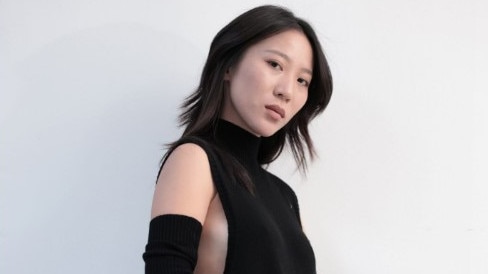
Courtney Zheng was on track for a future of boardrooms and balance sheets.
She had studied finance for five years and completed an exchange at one of France’s top universities.
But despite the academic path neatly laid before her, and the pressure that comes with deciding on a career in your early adulthood, she realised her true passion was in creating, not calculating.
Now, the Sydney-born Zheng leads her own namesake label and has just hit a major milestone – her runway debut at Australian Fashion Week.
“It was incredible to see everything in the flesh, just a huge milestone for me,” Zheng told News Corp.
Her label, founded in 2023, is sold online and by stockists across Australia and internationally, and was recently spotlighted when Australian pop phenomenon Troye Sivan wore it on the cover of Vogue Australia’s February issue.
The brand celebrates fluidity, impeccable craftsmanship and intentional design – its aesthetic characterised by clean lines and neutral colour palettes, with a focus on luxurious fabrics sourced from the finest suppliers around the world.
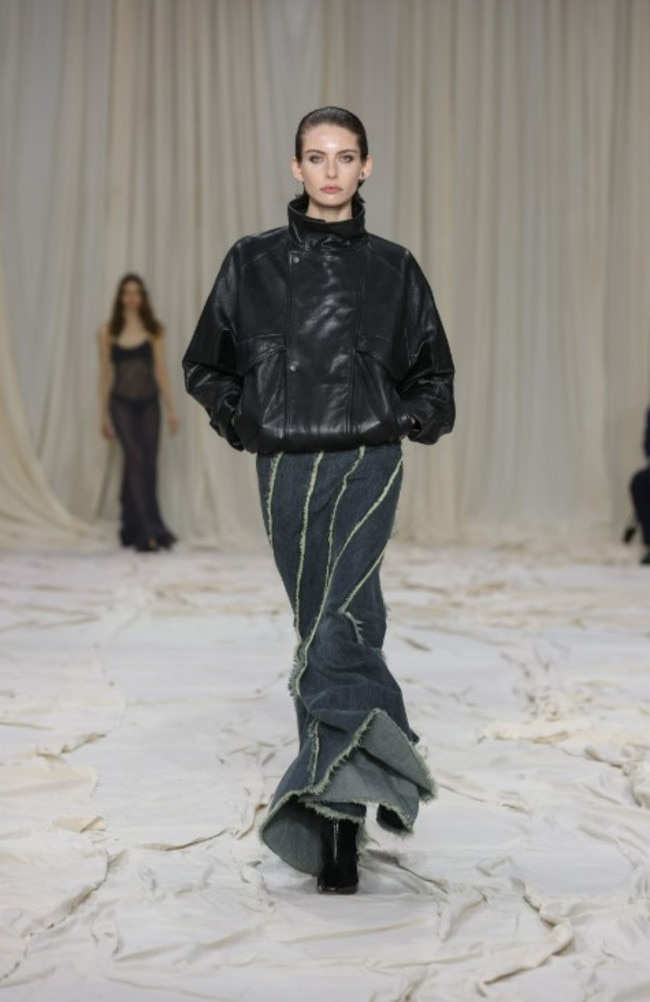
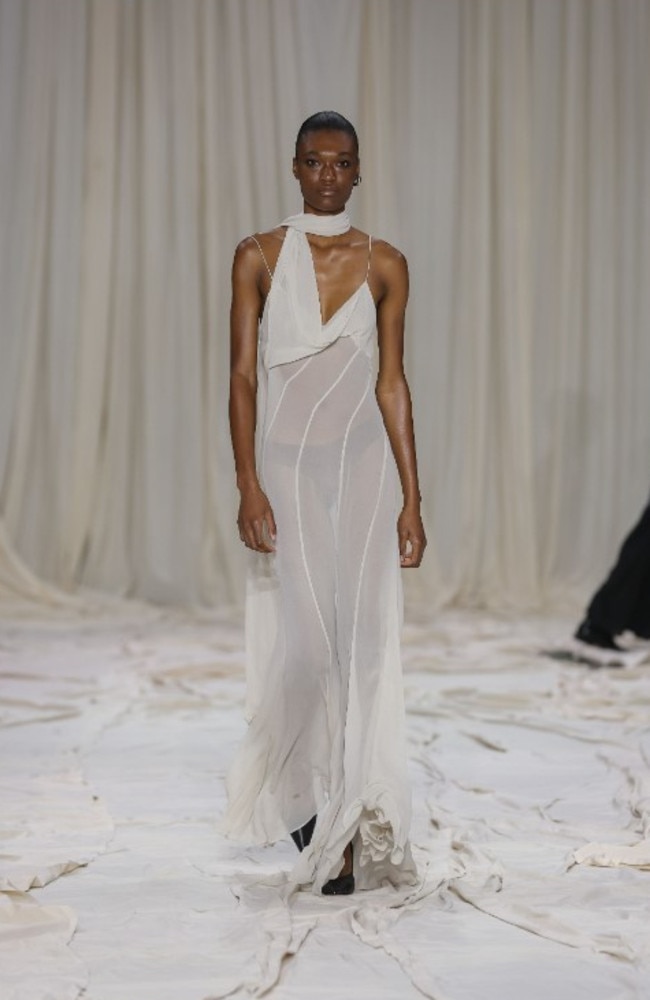
The Chinese-Australian designer, a third-generation rag trader, said she was inspired by the remarkable journey of her grandmother, who rose from a young fabric mill worker to the leader of a textile factory, and her parents, who built a thriving denim manufacturing business in Australia.
“I was born into the rag trade. And even though I studied finance for five years, I found my way back into my family business,” she said.
“Growing up in a Chinese family, academics are always very important. So I had to be classically trained in piano. I always had to do mathematics.
“My parents always instilled in me the importance of having financial acumen.”
Her family’s influence led Zheng to study finance at UNSW in Sydney, later completing an exchange at the esteemed university Sciences Po in Paris, before deciding to drop it all to pursue her own dreams.
“My parents handed me the reins and gave me the creative freedom to choose what I wanted to do, which I’m extremely lucky and grateful for,” she said.
“So the brand is a way for me to carry on (my family’s) legacy, but make it something of my own.”
Zheng said the biggest challenge of being a small-business owner was being forced to wear an infinite number of hats.
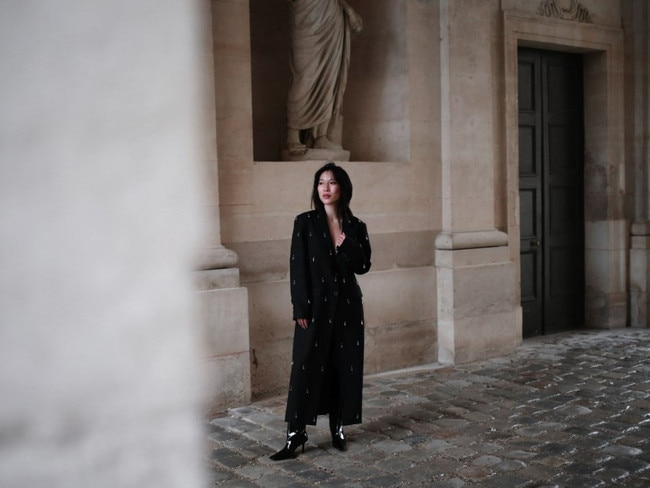
“Honestly, running a business, starting a brand, throws you so many curveballs,” she said.
“I am across design, development, production, running a direct-to-consumer platform and also our international wholesale sector as well. So flying to Paris and New York, setting up the showrooms, doing the appointments.
“Starting a business with a small team is challenging but also so rewarding at the same time to be able to learn so many different things and have such a broad range of skills.”
Australian Fashion Week, which kicked off in Sydney this week, showcases over 30 designers’ collections, including Aje, Romance Was Born, ESSE, Farage, Lee Mathews, NICOL & FORD, and Carla Zampatti.
Australian Fashion Week chief executive Kellie Hush said it was important to nurture small and medium businesses in the early stages of growth.
“The business of fashion continues to be an exciting but challenging industry, which is why Australian Fashion Week must continue to grow and support the industry,” she said.
Despite the various financial headwinds small businesses have encountered in recent years, experts say it hasn’t dissuaded younger entrepreneurs, who continue to be the driving force behind new business in Australia.
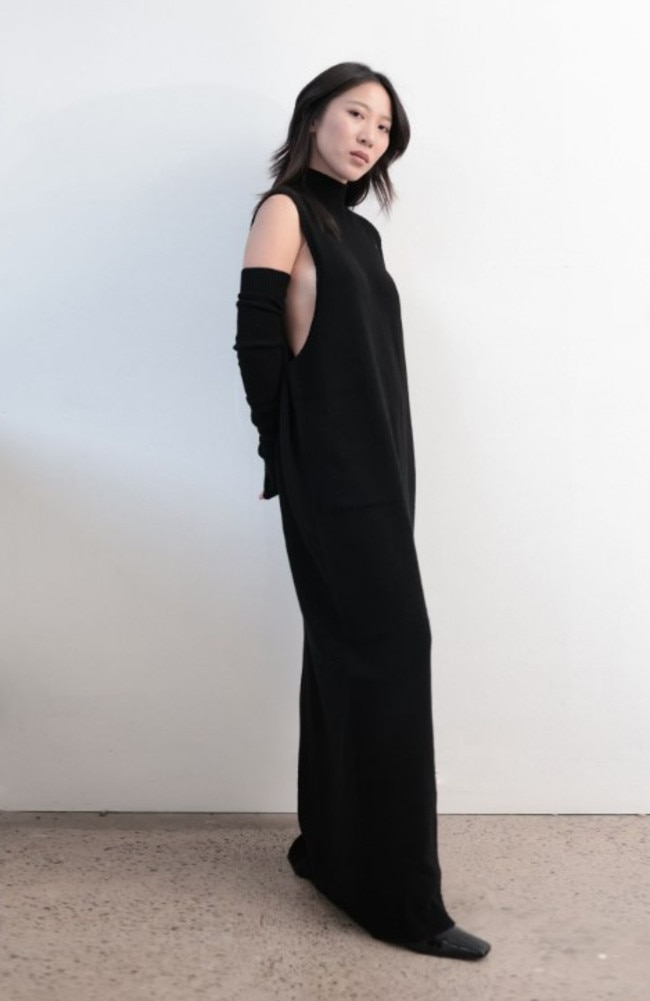
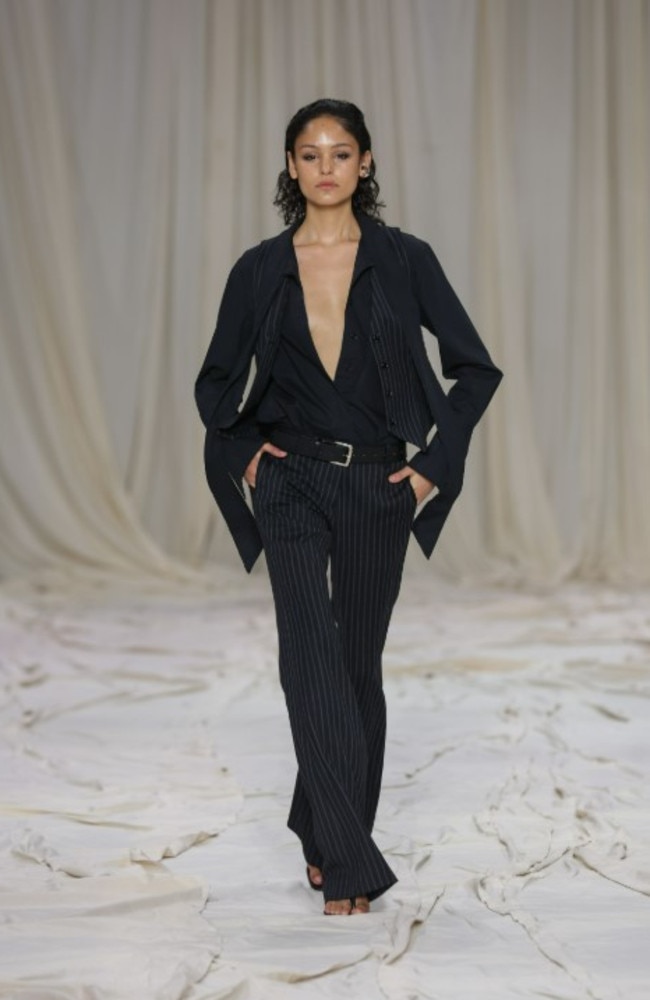
Gen Z and Millennials, defined as those born between 1997 and 2012 and between 1981 and 1996 respectively, account for nearly three quarters of all new retail businesses, new research from CommBank reveals.
Millennials alone made up just under half of all new businesses, the data based on business transaction account openings between April 2024 and March 2025 showed.
Construction and retail trade were the most popular sectors for new Gen Z businesses, while Millennials favoured property and business services.
CommBank small business banking executive general manager Rebecca Warren said it was great to see the “entrepreneurial spirit” in Australia was very much alive.
“(It shows) younger Australians are willing to pursue their passion despite the challenging environment this sector has faced and continues to tackle,” she said.
“Australian small businesses have dealt with many challenges over the last few years, and their resilience has never been more evident than in the way they’ve been navigating the challenging market, the impacts of the election, tariffs and changes to rates.”
More Coverage
Originally published as From finance to Fashion Week: Young Australian designer Courtney Zheng’s bold pivot





